Contemporary society is multi-layered, complex and fast moving. Individuals negotiate their way through social situations, by playing different roles, applying emotion as an abstract tool, and using language in all its verbal and non-verbal forms.
A code of consumption categorizes and differentiates objects as signs, beyond association with needs or pleasure. If an object does not produce meaning at the point of consumption, it is not a brand. Consumption, in so far as it is meaningful, is a systematic act of the manipulation of signs. Inherent within a brand is sign exchange value – as opposed to economic exchange, utility or symbolic value. Brands connote (wealth, status, design, prestige, exclusivity, similarity versus difference, conformity versus reactionary) and demonstrate relational difference as well as direct meaning. Brands are non verbal language and offer unlimited inter-changeability. They do not satisfy needs, merely the desire to represent social difference.
Language is what makes us human. On this planet, only humans use language for communication, abstract thought and differentiation. The development of human consciousness is a “life” system upgrade, unique to our species. Reality made possible through language.
Contemporary, consumerist, human reality is constructed through language and mediated through culture, defined as the production and consumption of signs.
Within cultures, brand reality is constructed using marketing techniques that deliver narrative for consumers to connect with. As part of a broad channel mix, advertising provides a powerful means to create brand truths targeted at specific audiences across a range of selected media.
Therefore, brands are language as signs, and created directly by narrative or story-telling, the application of language in all its forms. Brands are formed by storytelling, and in turn, construct and inform language.
